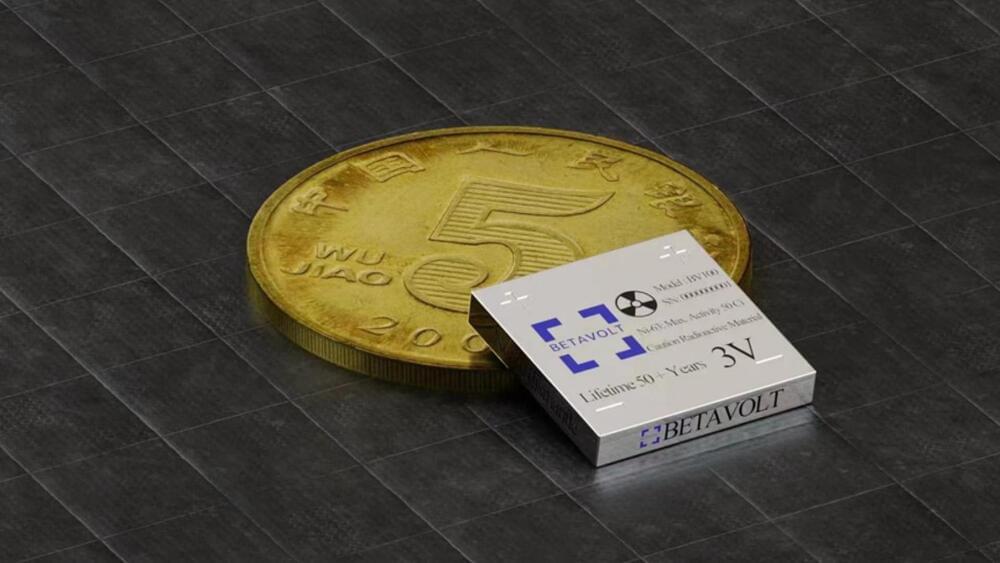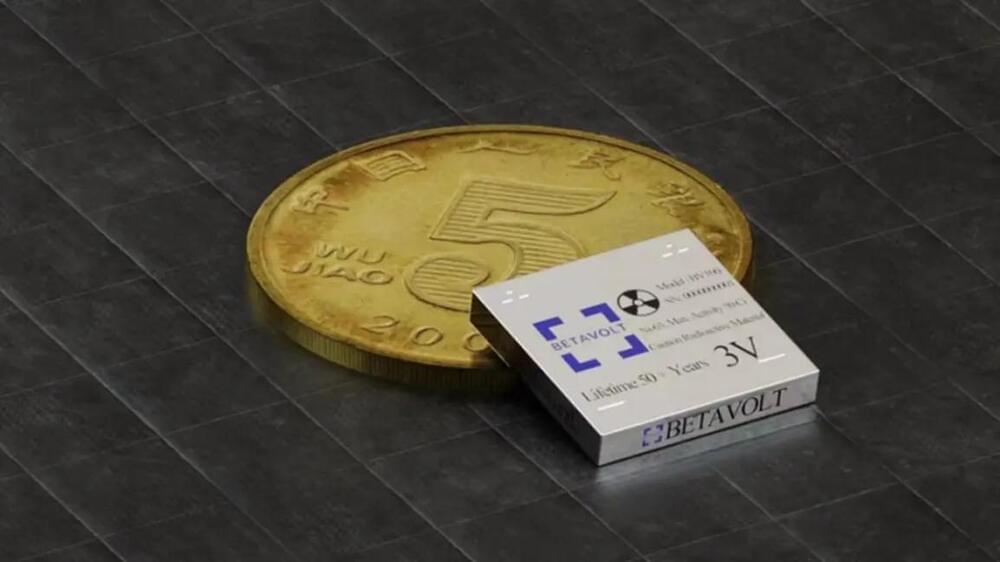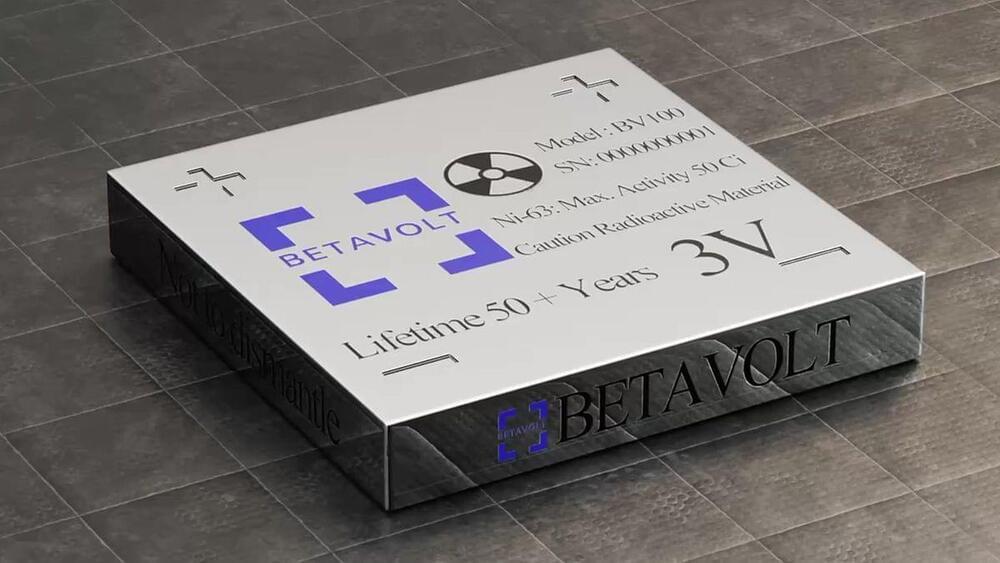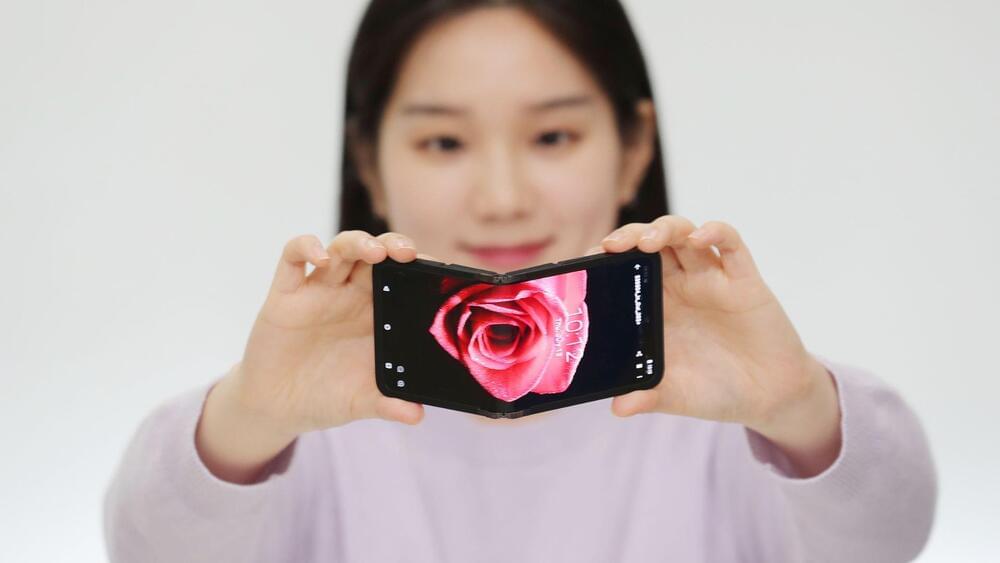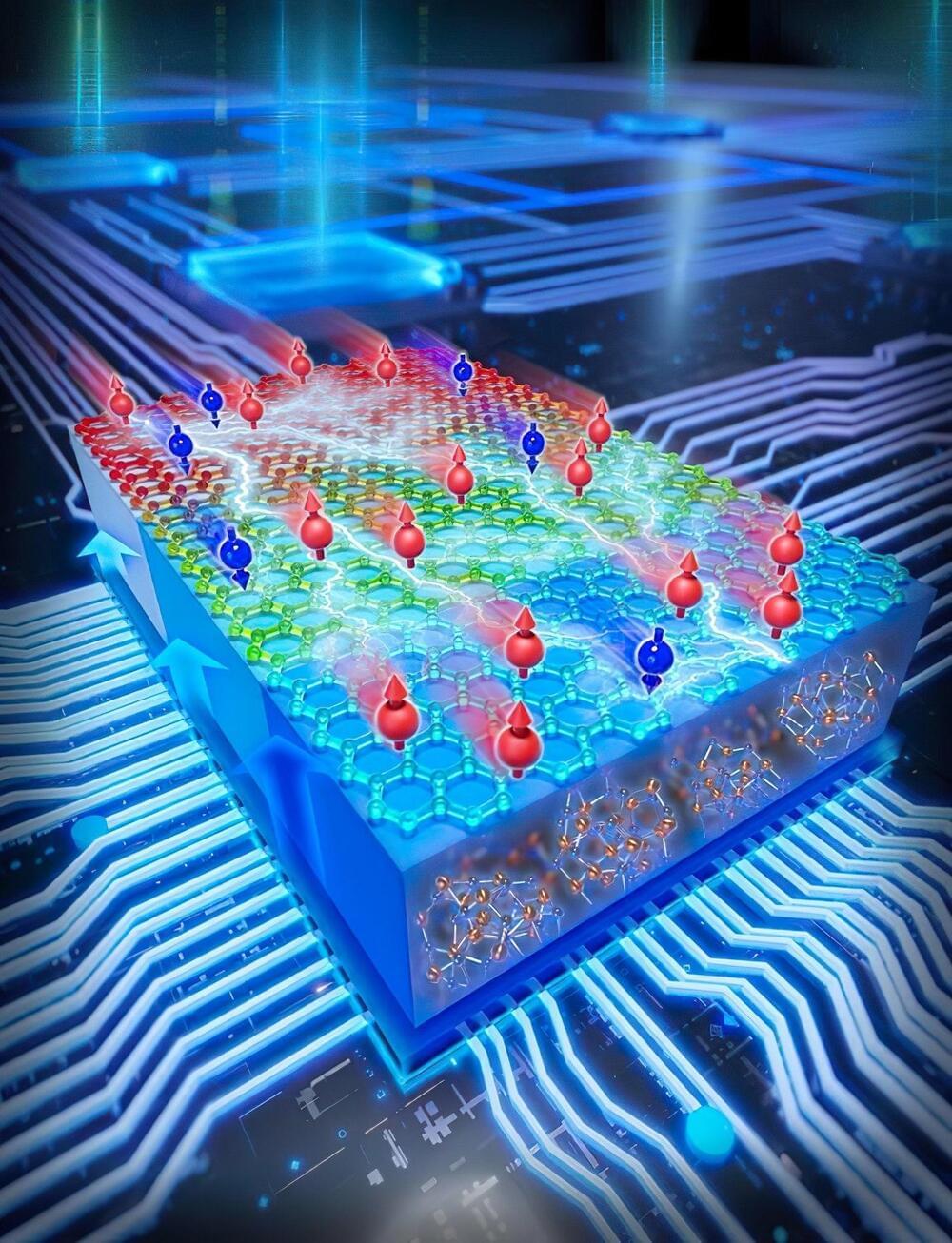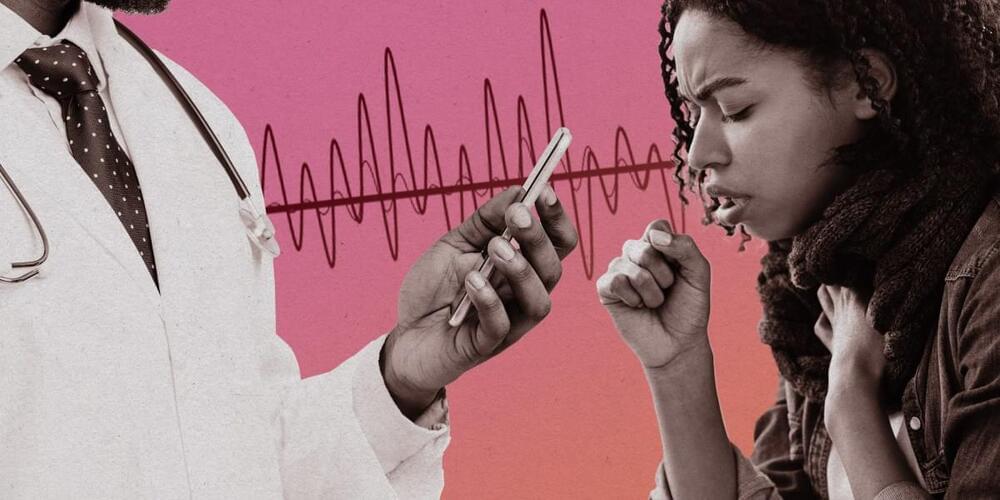Betavolt wants to create batteries that will last a lifetime by 2025.
A Chinese startup called Betavolt has cooked up this itty-bitty nuclear battery — about the size of a little coin — which they claim can crank out electricity for 50 years straight, with no charging pit stops needed.
As the company leaps from development to the pilot stage, they’re gearing up for full-scale production and a grand entrance into the market pretty soon.
How did they create it?
The Beijing-based company also claims that its nuclear battery is the world’s first to successfully miniaturize atomic energy, fitting 63 nuclear isotopes into a module smaller than a coin.
